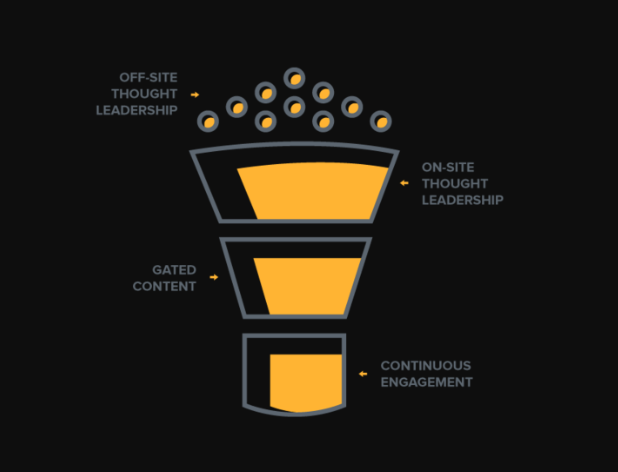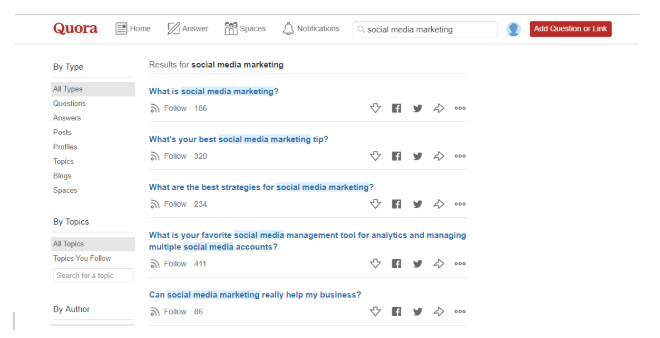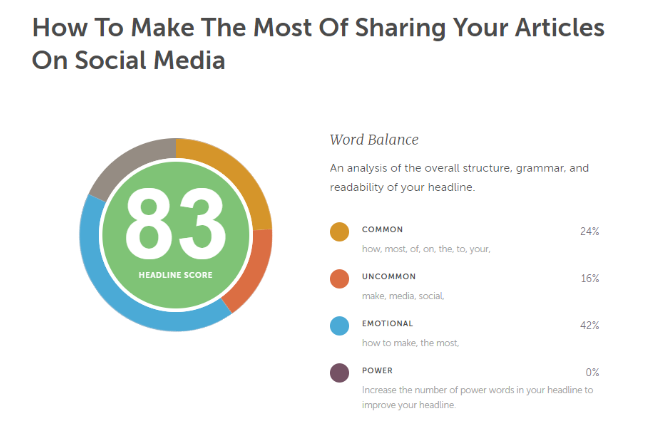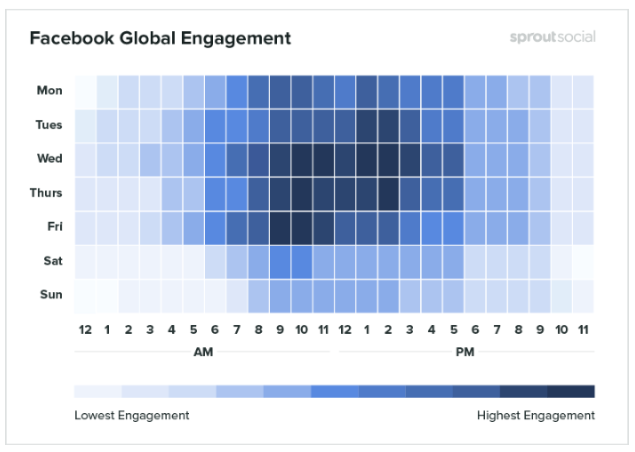By Kayla Matthews
In a world where big tech companies like Google can store more data on its users than most can imagine, technology seems to change faster than we can ask the right questions. When businesses rely on technology to get work done, the lines about what’s right, what’s efficient and what’s safe can get blurred.
There’s no question that technology impacts work culture. It can mean good things, like automating monotonous tasks so employees can spend more time on creative and meaningful work. Without good ethics in place, technology can also mean risking privacy and cutting corners. So, how can employers develop an ethical work culture alongside modern innovations? Here are some things to consider.
Privacy
The question surrounding employee privacy at work does not yet have a definitive answer. Is it ethical to ask for an applicant’s personal social media account and password during the hiring process? Is it okay to fire someone for a questionable off-duty post on Instagram? Should we access our employee’s browsing history on company equipment?
Many state courts uphold employer’s rights to monitor employees, but not across the board. The New Jersey Supreme Court has ruled that employees have a reasonable expectation of privacy when checking their personal email, even on company equipment.
One issue surrounding privacy is how we monitor our employees. Most companies restrict access to specific sites on their premises, as well as view the online history of their employees. These tactics can help prevent members of an organization from doing illegal or unethical activities, but they can also raise issues of privacy.
Some workplaces also use video monitoring. Recording video communication can be a great tool to improve workflow and ensure your consumers are getting top-notch customer experience. But employees may feel like it is an invasion of privacy without the right structure.
What Ethical Privacy Looks Like:
When choosing to view employees’ browsing history, it is critical to set a policy. Employees should know how you’ll access data, why you collect it and what you will do with this information. A good system can also prevent managers from misusing this data.
If you’re monitoring communications to prevent workplace harassment, most employees will see supervision as a way to keep them safe. When you’re open about your practices, ethical employees won’t have to worry.
You can also watch your customer support team or sales reps’ video conferences with customers. We’re all used to getting the “to ensure quality service, this call may be recorded” reminder whenever we dial the help desk, and this can work with video calls, too. If you do monitor video conferences, it’s critical to do so ethically:
- Be honest with your team: Let them know their video calls are being recorded. It can feel like an invasion when employees are monitored without their knowledge.
- Limit use: Your employees expect a reasonable level of privacy. Don’t record their activities when they’re not on a customer call, or don’t have their camera on.
- Use videos to improve: Make sure recordings are used as a tool for employees and something that can help them grow. Utilize video recording to test out new sales pitches, or to model great service in training videos. As long as you frame it properly, you can also use videos for performance reviews and to offer advice.
Software
One ethical dilemma surrounding software is how we access it. Now more than ever, anything from Adobe Photoshop to word processors can be pirated. For cloud-based services, it’s tempting to give the entire team access to a single paid membership when you only pay for a limited number of people.
Software as Service providers, or SaaS, have unique ethical questions to answer. The pressure to be the first-to-market leads many software developers to rush product development.
In this case, they may not question if the software might be damaging to the public or misused by consumers. Software can also collect a lot of data on its users. When companies host this data insecurely, they risk data breaches.
What Ethical Software Use Looks Like
- Use proper licensing: Some software requires you to buy a different license for commercial use than for personal use. Some have a set number of people that can use a specific license. When using software for your business, make sure you have downloaded it legally and are using the proper license. Also, buy as many memberships as you need for the number of users who will access it.
- Create a code of ethics: With the emerging SaaS market, software companies need to think about the work they do and how it affects others. A solution for the tech industry is to develop an ethical code.A company-wide policy can encourage honesty and respect in the software development process. Whether you’re a tech company or not, fostering a culture where employees can speak up when they feel something isn’t right creates a better workplace for everyone.
What an Ethical Culture Means for Your Business
We are more connected than ever before. Electronic devices and innovative tech make our lives easier in so many ways, whether it’s faster communication or transforming industries.
As an employer, keeping ethical questions in mind as you make decisions for your business creates transparency with your team. It shows you trust your employees and builds a better workplace where collaboration and innovation can thrive.
About the Author: Kayla Matthews writes about communication and workplace productivity on her blog, Productivity Theory. Her work has also appeared on Talent Culture, MakeUseOf, The Muse and Fast Company.
Featured photo by Mimi Thian on Unsplash
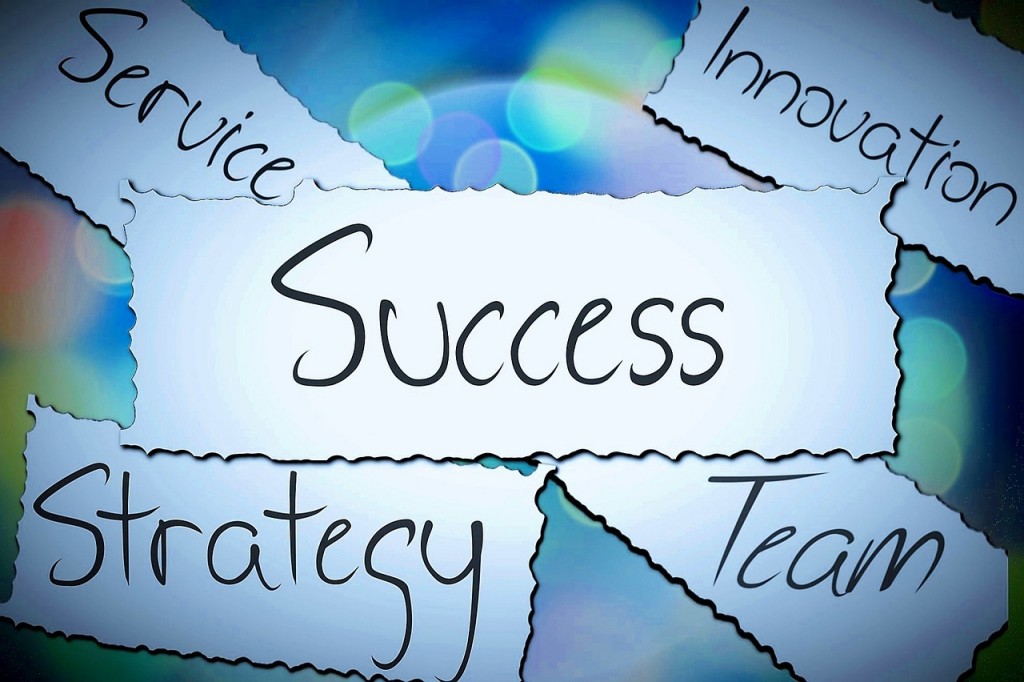 CEM (short for customer experience mapping) has been a popular topic for well over 6 years for big companies interested in understanding a customer’s “relationship” with their services and products. However,
CEM (short for customer experience mapping) has been a popular topic for well over 6 years for big companies interested in understanding a customer’s “relationship” with their services and products. However,  Content is the bread and butter of any good marketing strategy. While it should never be used alone, it should be one of the primary focuses for any style of business of website.
Content is the bread and butter of any good marketing strategy. While it should never be used alone, it should be one of the primary focuses for any style of business of website.